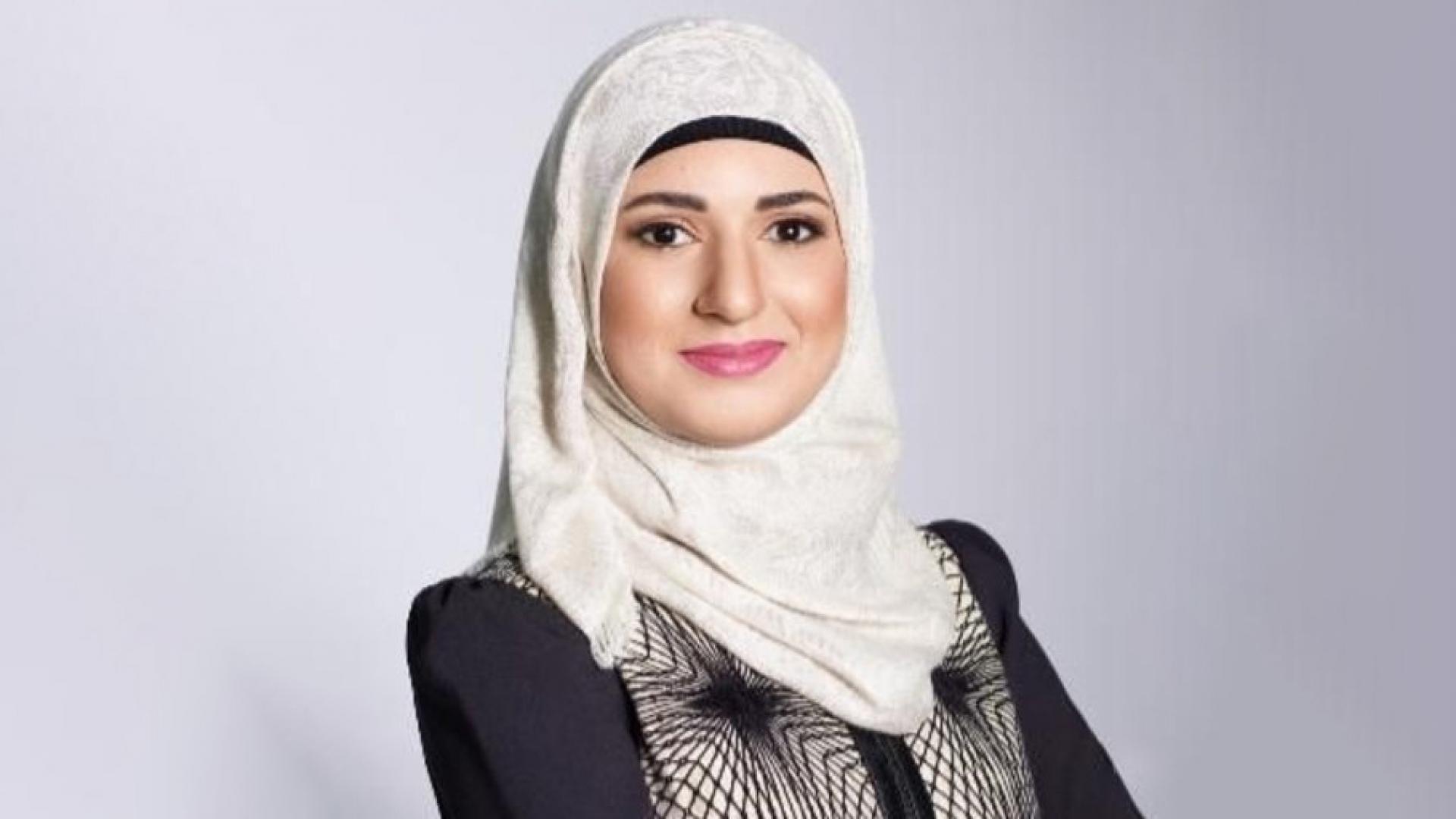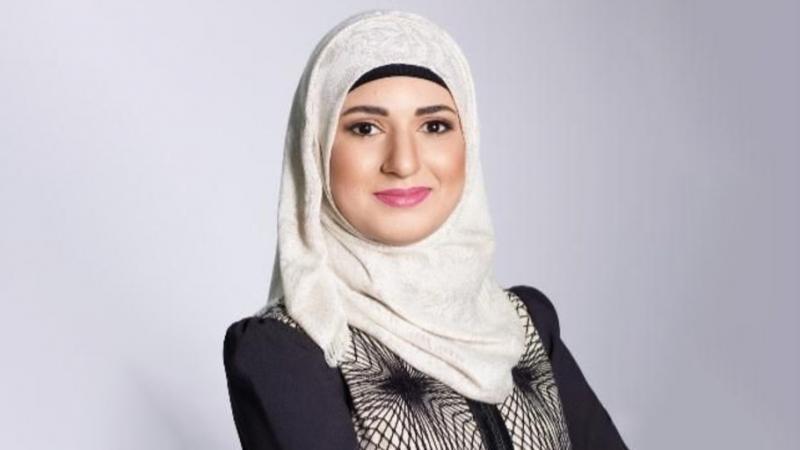By David Murphy
Nazek El-Atab is an assistant professor of electrical and computer engineering and the principal investigator of the Smart, Advanced Memory Devices and Applications (SAMA) Lab. The former KAUST MMH Labs research scientist originally joined the University in October 2017, having obtained her B.Sc. in computer and communications engineering ('12) from the Hariri Canadian University, Lebanon, and her M.Sc. in microsystems engineering ('14) and Ph.D. in interdisciplinary engineering ('17) from the Masdar Institute of Science and Technology, UAE.
Her current research focuses on designing and developing innovative smart memory electronic devices for futuristic in-memory sensing and in-memory computing applications. El-Atab and her SAMA colleagues see their research augmenting an increasingly digitized world benefitting from emerging technologies such as artificial intelligence, internet-of-things (IoT), and augmented reality.
“I am incredibly excited to work in such an innovative environment with the best infrastructure that allows me to achieve my research goals in a fast and efficient manner. KAUST also allows me to be as creative as I want when coming up with solutions to my research challenges,” she noted.
During four years at KAUST, the Lebanese researcher has worked on several high-impact research projects focusing on the design and fabrication of futuristic electronics. She has also worked on developing an integration and packaging technique for electronic devices for internet-of-things (IoT) applications.
“I am interested in further developing innovative material properties and embedding them into electronic devices that could serve as either new or improved solutions to our real-world problems.”
Uncovering the transformative power of nanotechnology
During her undergraduate studies, El-Atab discovered the transformative effect nanomaterials have in our lives and their potential in various fields ranging from healthcare, electronics, sports, and even cosmetics. Learning about the different properties of nanomaterials and their phenomena” inspired her to create research that makes us live a healthier, safer and more productive life.
“I took a course called “Introduction to Nanotechnology” where I learned about how nanomaterials affect our daily lives. Magical phenomena such as “quantum tunneling” inspired and motivated me to become a researcher capable of contributing to technological advancements that will benefit humanity.
“Emerging technologies are bringing numerous benefits to our lives, and I want to contribute to this technological growth by working specifically in the critical area of memory devices—one of the central hardware components for enabling digital transformation,” she explained.
Sustained career recognition
A recent nomination to participate in the 70th Lindau Nobel Laureate Meeting is another notable recognition of her research. El-Atab has also received several other significant awards for her research, including the L’Oréal-UNESCO 2015 For Women in Science Middle East Fellowship and the L’Oréal-UNESCO 2017 International Rising Talents Award. She was also featured in UNESCO’s 2019 “Remarkable Women in Technology” Exhibition, MIT Technology Review Arabia’s “MENA Innovators Under 35” for 2020. Her research has been featured extensively in various international media, including in IEEE Spectrum, National Geographic, BBC, MIT Technology Review, and Sky News Arabia.
“I believe throughout any research experience, students and researchers will go through difficulties, and in many cases, their experiments will fail. It is only passion that will take them those extra miles and never give up. Thus, it is only when you are passionate about a specific research area that you can become a leader instead of remaining as a follower in that area,” El-Atab concluded.

